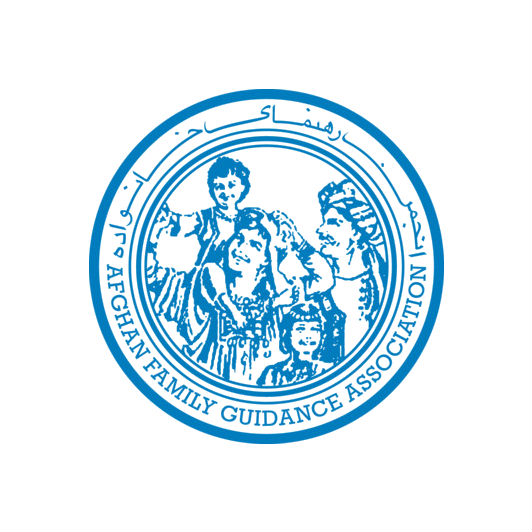

| 31 March 2016
Afghan Family Guidance Association
The Afghan Family Guidance Association (AFGA) was established in 1968 and today delivers a comprehensive range of sexual and reproductive health services and programmes. The country has some of the poorest sexual and reproductive health (SRH) statistics in the world, including: 1 in 8 lifetime risk of maternal death 13% of women aged 15-19 give birth annually 28% of children die before they reach their 5th birthday In the light of such fierce challenges, AFGA’s work is vital. Activity was suspended between 1992 and 2002 owing to war and conflict, but now the organization has permanent clinics and mobile facilities. AFGA’s Family Welfare Centres (located in Kabul, Herat and Jalalabad) provide information on contraceptives, and free contraception; counselling on family planning, adolescent health and HIV and AIDS prevention and treatment; antenatal and post-natal care (where no government-run facilities are readily accessible); screening and treatment of sexually transmitted infections (STIs); basic infertility treatment; and referral of complicated cases to hospital departments. Contacts Website: www.afga.org.af Facebook https://www.facebook.com/afganfamilyguidance

| 31 March 2016
Family Planning Organization of the Philippines
The Family Planning Organization of the Philippines (FPOP) is the largest and most prominent non-governmental family planning organization in the Philippines. It seeks to secure universal access to quality family planning information education and services, with a view to enabling people to make active personal decisions about their sexual and reproductive health (SRH). FPOP aims to mobilize public support for the individual’s right to practise family planning and as a result, a major target is young people. Additionally, there is a real need in the Philippines for men to take a more active role in family planning and parenting, and FPOP is at the forefront of developing and implementing strategies to achieve this objective. It operates more than 1,100 services points, including 29 permanent and 27 mobile clinics and has a network of over 1,000 community-based distributors/community-based services (CBDs/CBSs). Clinics provide voluntary surgical contraception, reversible contraception, medical and laboratory services, and fertility awareness advice. The delivery models which FPOP has developed have been adopted and replicated by public health authorities, and FPOP has significant advisory input to the national SRH policy agenda.







